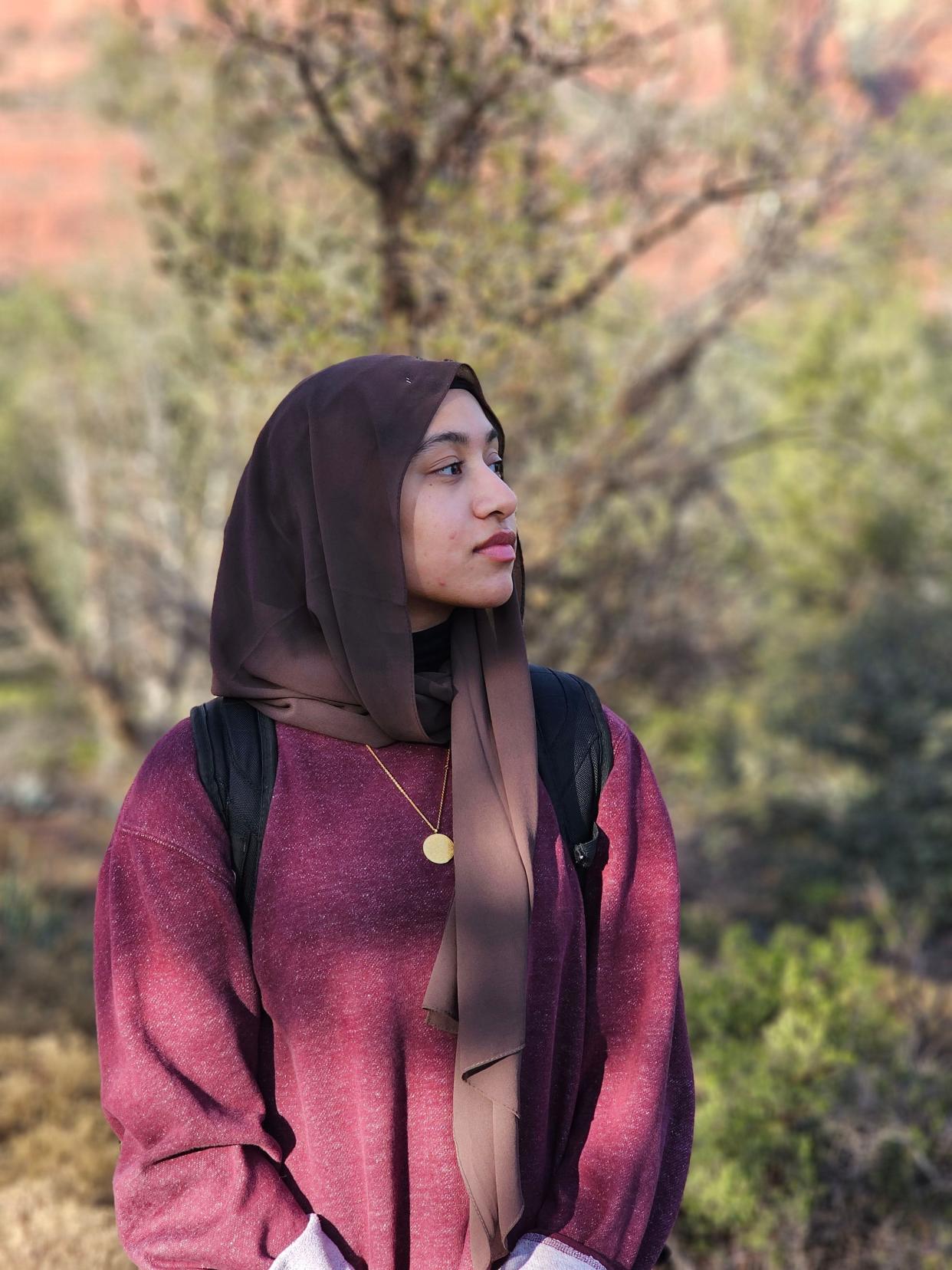Voices of Faith: Time to see Islam as a women's movement

In my teenage years, I have engaged with the topic of feminism – as an ideology, as a movement, as a label.
Originating in late 19th century France, it has evolved through various waves with different focuses. Feminists have fought for women’s suffrage, civil rights, and other freedoms and rights for women.
Voices of Faith: We must act for the Love of God
Today, however, many people find the focus of feminism to be unclear, often highlighting that there are women left unheard on the feminist stage. That is why I find it crucial to speak up as a Muslim woman and to shed light on how Islam pioneered women’s rights.
As a Muslim, I support women’s rights not in spite of my religion but because of it. It is through the lens of my religion that I find supporting other women and so crucial. In serving as a youth leader at my mosque, I have always felt empowered and supported by my community. I have never been made to feel inferior or oppressed.
I believe that encouragement and assistance isn’t just coming from a moral standpoint, but from Islamic teachings as well.
To provide historical context, pre-Islamic Arab society marginalized women, denied them legal status and inheritance rights, and subjected them to practices like infanticide. The introduction of Islam marked a significant shift and was championed by many women.
Notably, the Prophet's wife, Khadijah, played a pivotal role as the first convert to Islam – she was a pillar of the early Muslim community, earning reverence as the "mother of the believers." Similarly, Sumayya bint Khayyat, who was a female slave, is honored as Islam’s first martyr, highlighting Islam's egalitarian principles in a society plagued by slavery.
The bravery of Muslim women extended to the battlefield, with female warriors such as Nusaybah bint Ka’b, who fought in many battles. She protected the Prophet Muhammad (Peace Be Upon Him) when surrounded by enemies, and he later said “I looked to my right and to my left on the day of (The Battle of) Uhud, and in front of me and behind me, and every direction I looked, I saw Nusaybah swinging her sword.” Women in education, too, was emphasized; the United Nations Educational, Scientific and Cultural Organization recognizes the first university in the world as founded in the 9th century by a Muslim woman named Fatima al Fihri, before Oxford or Bologna were established.
Islam's early practices advanced women's rights. The Qu’ran and Prophet Mohammad (Peace Be Upon Him) outlawed infanticide, affirmed women's equality, and granted them rights in marriage and divorce, rights not afforded to women in the West until nearly 1000 years later. Women were not merely defined by their relation to a man, but had independent identity, equality with men in all spheres of life, and were taught to have a strong sense of moral and spiritual responsibility.
These examples of feminist values are emphasized in Islam's rich heritage of women's empowerment. Yet, I see persisting misconceptions due to lack of awareness and even selective observation. As we partake in the honorable pursuit of justice for the oppressed, it's crucial to discern between genuine religious teachings and individual misinterpretations. For me, Islam is more than just a religion that uplifts women. Islam was and always should be seen as a women’s movement.
Isra Shaikh is a youth leader with the Islamic Society of Akron & Kent.
This article originally appeared on The Alliance Review: Voices of Faith: Time to see Islam as a women's movement

